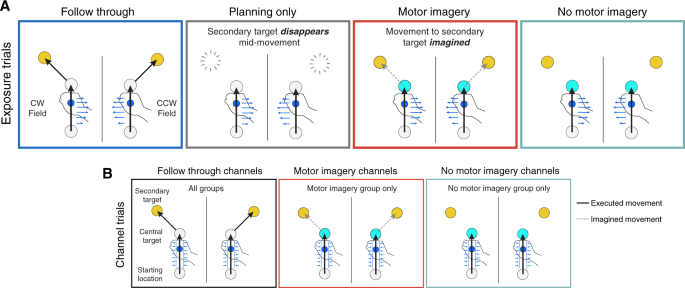
Mammography: A radiograph of the breast that is used for cancer detection and diagnosis. X-ray radiography: Detects bone fractures, certain tumors and other abnormal masses, pneumonia, some types of injuries, calcifications, foreign objects, dental problems, etc. Listed below are examples of examinations and procedures that use x-ray technology to either diagnose or treat disease: Diagnostic These structures are displayed in shades of gray on a radiograph. Conversely, x-rays travel more easily through less radiologically dense tissues such as fat and muscle, as well as through air-filled cavities such as the lungs. As a result, bony structures appear whiter than other tissues against the black background of a radiograph. Because of this property, bones readily absorb x-rays and, thus, produce high contrast on the x-ray detector. For example, structures such as bone contain calcium, which has a higher atomic number than most tissues. Radiological density is determined by both the density and the atomic number (the number of protons in an atom’s nucleus) of the materials being imaged.


When the machine is turned on, x-rays travel through the body and are absorbed in different amounts by different tissues, depending on the radiological density of the tissues they pass through.

To create a radiograph, a patient is positioned so that the part of the body being imaged is located between an x-ray source and an x-ray detector.


 0 kommentar(er)
0 kommentar(er)
